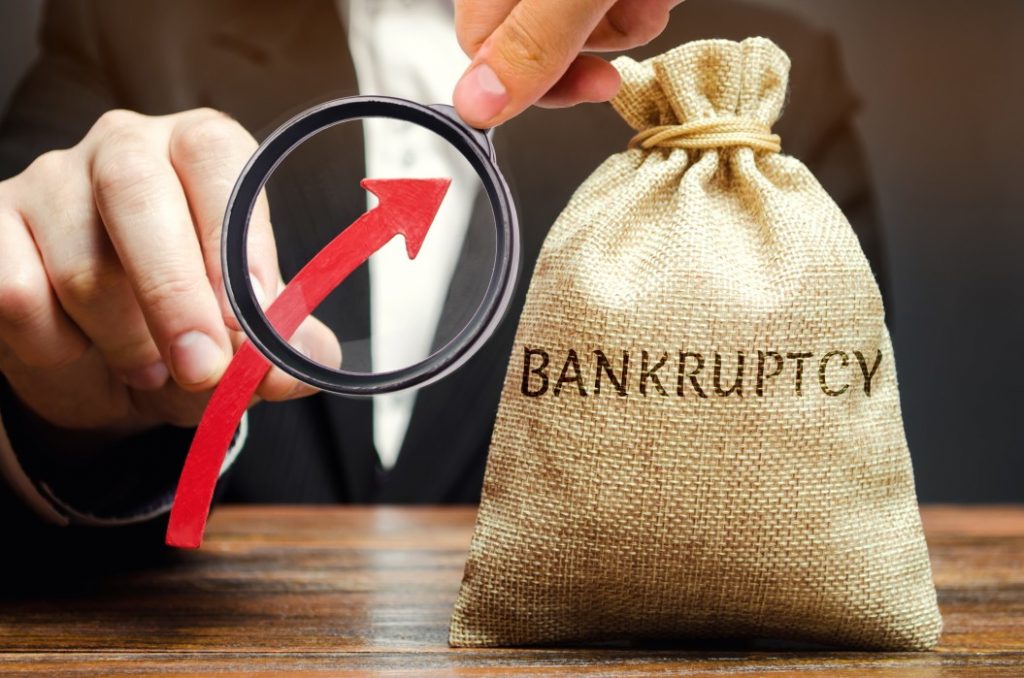What is the Downside of Filing for Bankruptcy?
If you are looking for information on the downside of filing for bankruptcy, you’ve come to the right place. We’ll be discussing the financial costs of bankruptcy, the impact it has on your credit score, as well as the psychological effects. Although bankruptcy can be a great option for many people there are some disadvantages to consider before you make a decision. Here, we’ll go over the negative effects of bankruptcy.
Disadvantages of filing for bankruptcy
While many people are concerned about the negative effects of bankruptcy, the benefits often outweigh the disadvantages. While most Americans agree that bankruptcy can damage their credit score and that shame associated with it is a disadvantage, more than two-thirds of Americans believe that it is even worse. Only 39% see saving their home as the greatest benefit of bankruptcy. These are the top reasons to consider bankruptcy if you are looking for a solution for your financial problems.

Bankruptcy can help you keep your house and car, as mentioned above. While most creditors will cease pursuing you, not all creditors will. The automatic stay is only in place while you are in bankruptcy, so some lawsuits will still go ahead. However, when filing more than one bankruptcy, the automatic stay won’t be applied to each individual case. As a result, filing bankruptcy is not a good solution if you have multiple debts.
Filing for bankruptcy is expensive
A bankruptcy filing can be a costly option for those who are struggling financially. The average cost of filing for chapter 7 bankruptcy is approximately $1,450. Other costs associated to bankruptcy will vary depending upon your particular situation. The court may allow you to credit them as part of your discharge. The average attorney fees for a chapter 13 bankruptcy are approximately $2,600
If you file for both personal bankruptcy and business bankruptcy, the cost of bankruptcy filings can rise dramatically. Your attorney fees can rise significantly if you file for both your spouse and both your businesses. Filing for both will increase the costs as will households with higher income levels and more than average number of creditors. Other factors that can increase the cost of your bankruptcy attorney’s fee include bankruptcy filings, non-dischargeable loans, and fraud accusations.
Credit score damage
Filing for bankruptcy can result in a significant drop in your credit score. This can be misleading as it can have a long-term beneficial effect on your credit. While it will take years to dig yourself out of debt, bankruptcy allows you to start over and start rebuilding your credit score. Credit scores are used to determine whether you’re a risk. A high credit score is usually a sign that you’ve managed your finances carefully. If you have a low score, however, you’ll need to rebuild it over a longer period of time.
Bankruptcy will remain on you credit report for seven to 10 years. This won’t immediately be visible. It will however, improve your credit score over the long-term. As long as you’ve made payments on time and have a good credit history, your credit score can slowly improve. However, you must make sure to check your credit regularly to see if it’s improving. You might miss out on opportunities if you don’t.
Psychological effects of filing bankruptcy
A bankruptcy filing can have a significant psychological impact on its filer. While some people don’t experience this stigma, some feel like they are losing their lives due to the stigma attached to bankruptcy filings. A bankruptcy filing can have a negative psychological effect on a couple. These issues can be addressed before you file bankruptcy. This can help protect your relationship with your spouse and your mental health. Here are some of these psychological effects that bankruptcy can have on your relationship.
People with serious financial problems often consider bankruptcy a last resort. However, it is a difficult process that many older people would rather not undergo. Filing for bankruptcy can have lasting psychological effects, and it can help you to rehabilitate yourself. If you take the necessary steps to protect your family and yourself, bankruptcy can help to solve your problems and get back on track. If you are an older person, you should consider filing for bankruptcy after considering your financial situation and the potential psychological impact it may have.